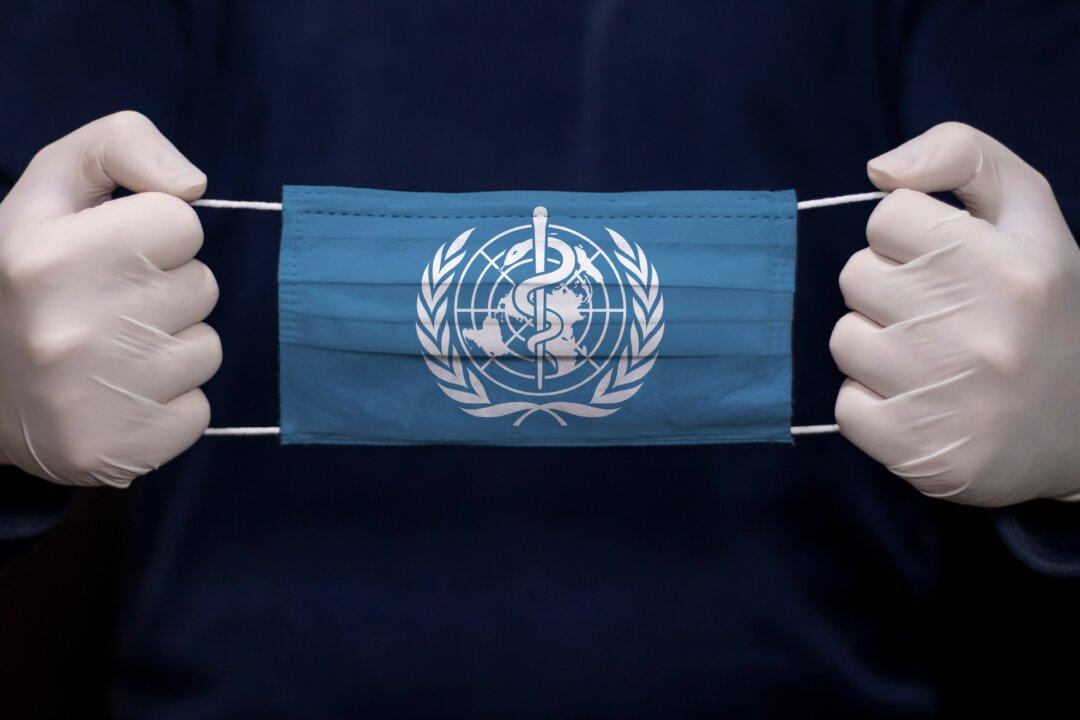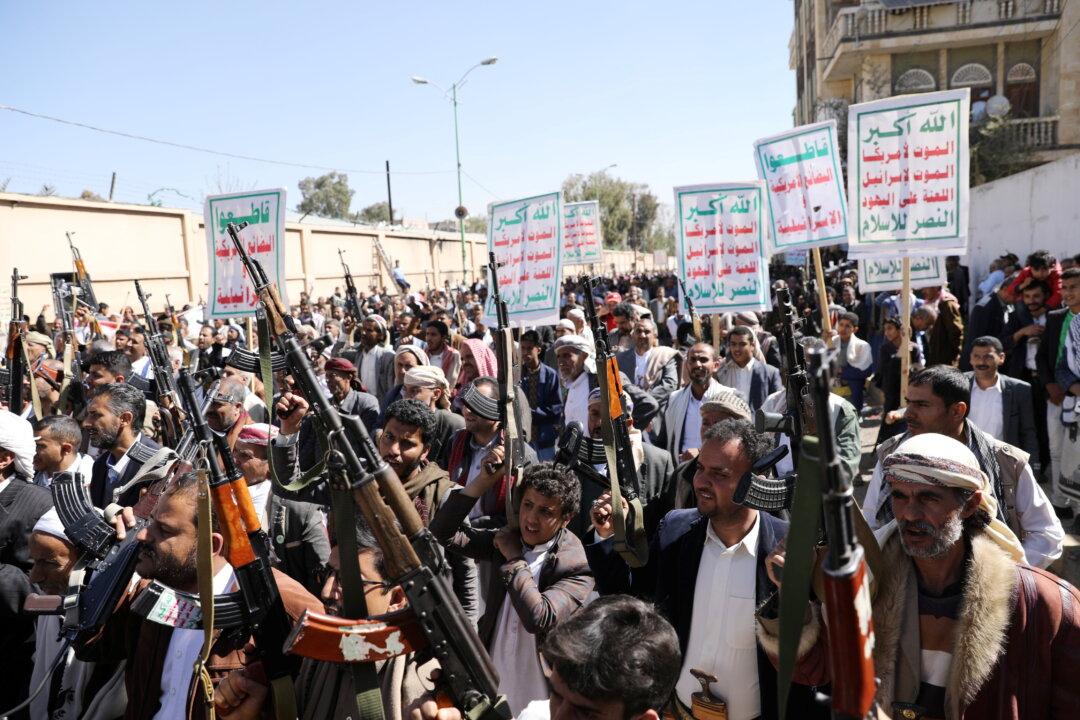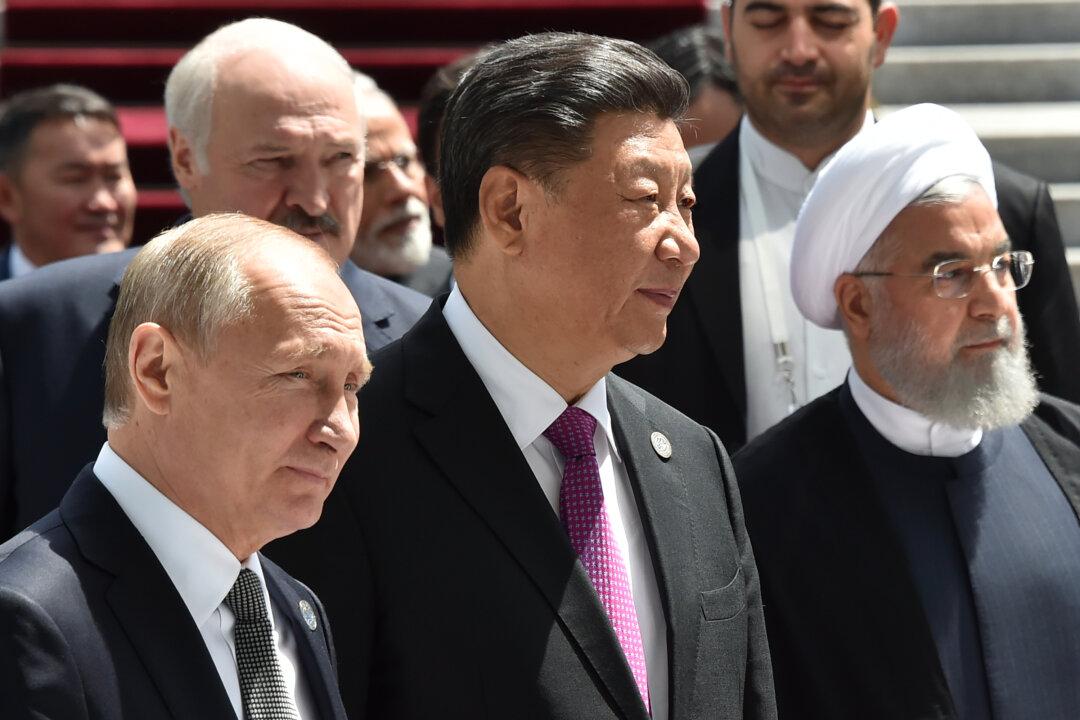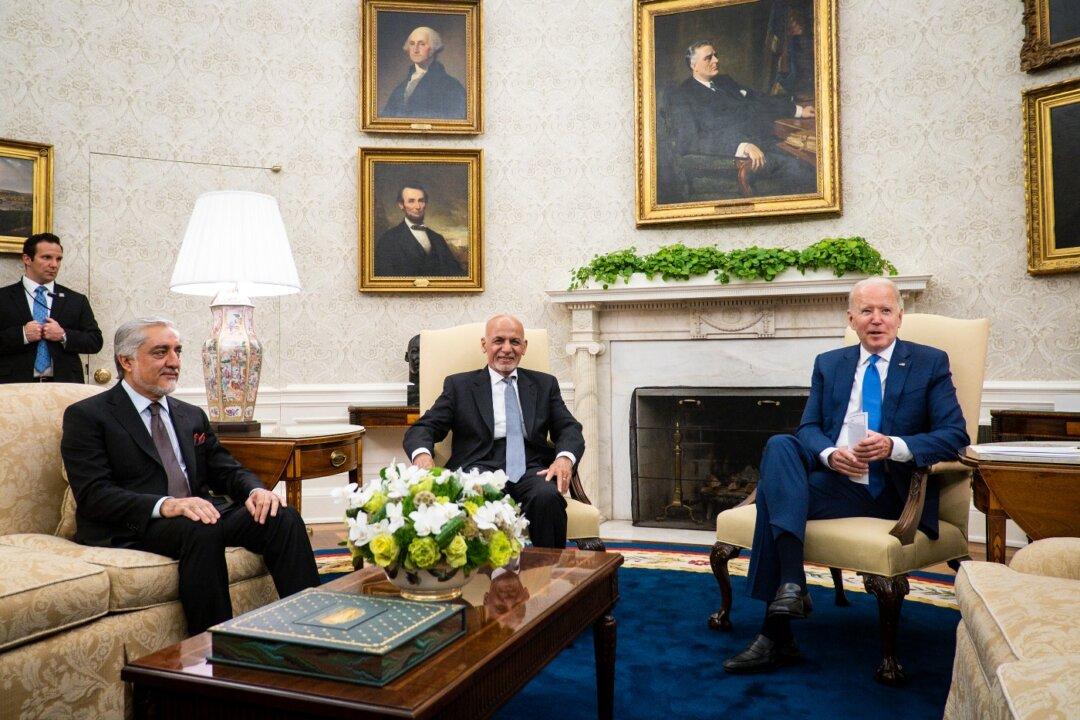Commentary
China knows how to curry below-the-radar favor with international political figures, bureaucrats, and opinion leaders, then, when a problem develops threatening Chinese Communist Party interests, use covert influence to stifle criticism or delay a response.





